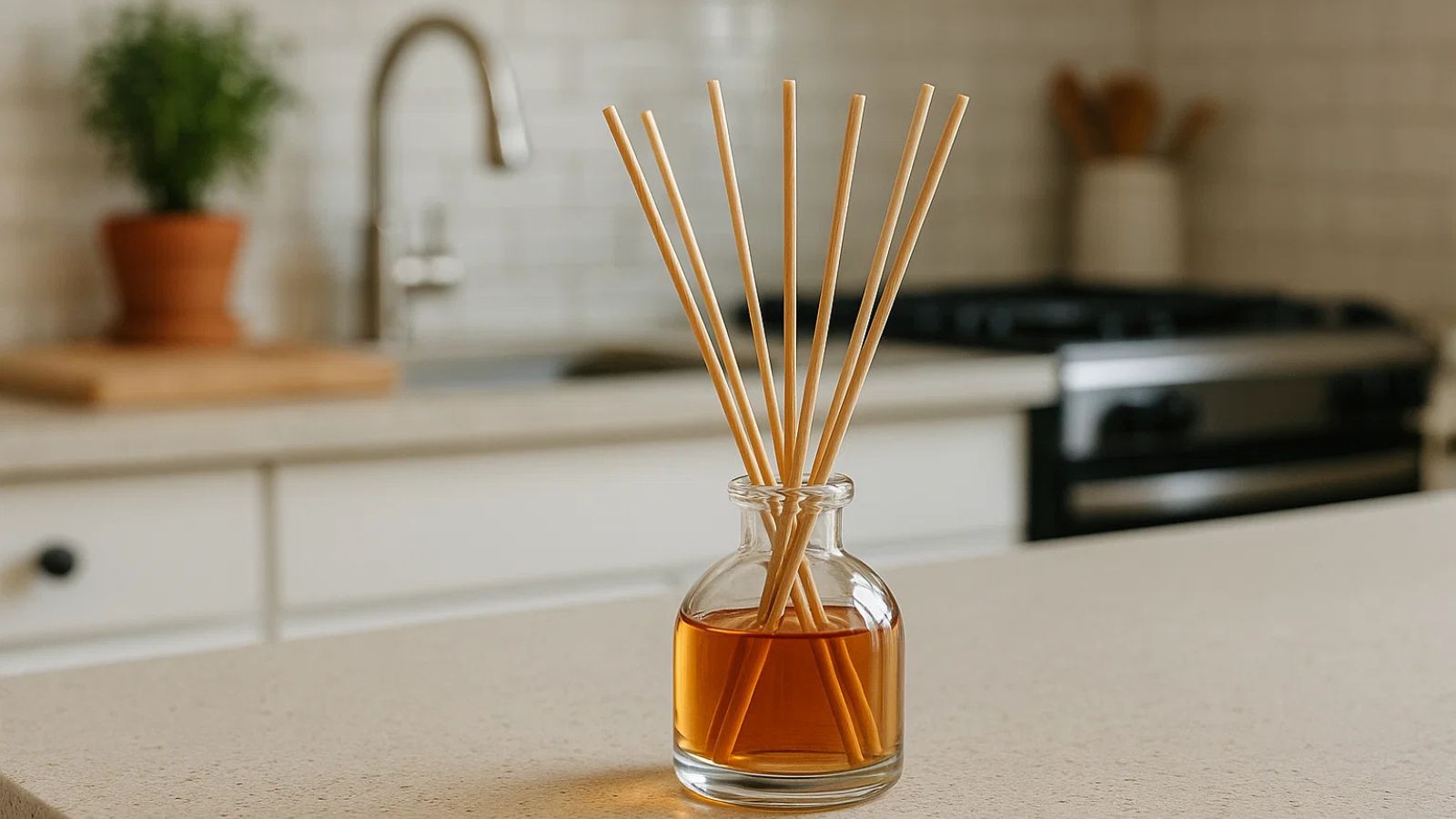A Fragrant Trend with Hidden Risks
Essential oils shizenshugi no kaori (自然主義の香り, nature-inspired scents) have become a popular part of modern living. From adding a calming fragrance to your home through an oil diffuser to creating DIY cleaning sprays, hand sanitizers, or even luxurious skin moisturizers, these concentrated plant extracts are celebrated for their medicinal properties and soothing effects.
But if you share your home with a cat, there’s a serious question to ask: Are essential oils safe for cats? Understanding the answer is vital, as cats process substances differently than humans and what smells relaxing to us may be harmful, or even toxic, to them.
In this guide, we’ll explore safe and unsafe practices around essential oils and cats, how to recognize signs of exposure, and how to create a calm, cat-friendly environment without compromising their well-being.
Interested in exploring essential oils and diffuser sets? Then check out our curated collection!

What Are Essential Oils and Why Are They Used?
Essential oils are highly concentrated plant extracts derived from flowers, leaves, stems, and roots. They’re commonly used for:
- Aromatherapy to promote relaxation and mood balance
- Adding fragrance to homes through diffusers or room sprays
- Creating natural cleaning sprays and laundry scent boosters
- DIY beauty products like skin moisturizers and topical applications
- Herbal medicinal properties believed to support well-being
Popular examples include rose for calming, frankincense for grounding, and citrus oils for energizing. But while these oils bring comfort to humans, cats lack certain liver enzymes that metabolize compounds in essential oils making them far more vulnerable.
Are Any Essential Oils Safe for Cats?
Here’s the honest answer: very few essential oils are truly safe for cats, and even “safe” oils should be used with extreme caution.
-
Mildly Tolerated in Open Spaces
Lavender or frankincense may be less irritating in open spaces with plenty of ventilation. But even then, always watch for odor sensitivity and keep your cat’s access to the area optional. -
Avoid Confined Spaces
Never run an essential oil diffuser in a confined space where your cat cannot escape the scent. -
No Direct Contact
Cats should never experience skin contact, ingestion, or grooming exposure to essential oils. Even diluted forms such as herbal remedies intended for humans can be harmful.
Many veterinarians and resources like the FDA emphasize avoiding essential oil products near cats altogether unless explicitly approved by a professional.

Precautionary Measures and Safe Practices
If you still wish to enjoy essential oils at home while living with cats, pet-proofing is essential:
- Diffuser Placement – Keep diffusers high up and away from areas where your cat lounges. Ideally, use them in rooms your cat doesn’t frequent.
- Exposure Avoidance – Always allow cats to leave the room freely. If your cat seems stressed by the odor, turn off the diffuser immediately.
- Proper Storage – Store essential oils securely to prevent spills, leaks, or accidental ingestion.
- Ingestion Prevention – Cats groom themselves constantly, so even small residues on surfaces or your skin can be ingested. Wash your hands after handling oils.
- Veterinarian Consultation – Always consult a veterinarian before introducing any fragrance or therapeutic use into your home.
Recognizing Essential Oil Exposure or Poisoning
Cats are subtle communicators, but signs of essential oil toxicity can escalate quickly. Seek immediate care if you notice:
- Respiratory Distress – abnormal or difficulty breathing, wheezing
- Neurological Symptoms – tremors, wobbliness, or sudden disorientation
- Visible Distress – vomiting, low heart rate, or purple gums
- Behavioral Changes – hiding, agitation, or unusual lethargy
If you suspect exposure:
- Move your cat to an area with fresh air immediately.
- Avoid further contact don’t try to wash off oils without veterinary advice.
- Call an emergency veterinarian or the Pet Poison Helpline for guidance.

Special Warnings for Certain Essential Oils
Some essential oils are especially dangerous to cats due to their potent compounds:
- Tea Tree Oil (Melaleuca) – Even small amounts can cause fatal reactions within hours. It’s sometimes used as an insect repellent for humans, but never for pets.
- Citrus Oils – Can irritate a cat’s respiratory tract and stress their sensitive sense of smell.
- Turpentine-like Oils – Oils with strong solvent-like properties (similar to paint thinner or turpentine) are highly toxic.
Remember: Cats often groom themselves after exposure, increasing the risk of ingestion. Veterinarian advice is crucial before using any oil in a shared living space.
Why Are Cats So Sensitive?
Cats lack specific liver enzymes needed to break down certain chemicals found in essential oils. Compounds like phenols and terpenes accumulate in their system, leading to liver enzyme stress and, in severe cases, liver failure or respiratory tract irritation.
Even household use like potpourri, room sprays, or diffusers can pose risks if your cat is in prolonged contact with the scent. The Canadian Veterinary Medical Association strongly advises caution with any concentrated essential oils around felines, especially those with asthma or heart disease.

Safer Alternatives for a Cat-Friendly Home
Want a fresh, calming environment without risking your cat’s health?
- Opt for unscented cleaning products or those specifically labeled as pet-safe.
- Use natural odor absorbers, like baking soda or charcoal, instead of heavily scented sprays.
- Keep air-purifying plants (non-toxic varieties only!) in well-ventilated areas.
And when you want a relaxing ritual, consider a cat-safe tea moment instead. Brew yourself a calming cup of sencha or matcha in a beautifully handcrafted Japanese tea bowl (chawan). This way, you can enjoy a moment of tranquility without introducing any risky fragrances to your home.
Bringing It All Together
Essential oils may be a delight for human senses, but for cats, they can bring hidden dangers. While a few oils might be tolerated in open spaces, it’s safest to minimize their use around your feline companion. If you do choose to enjoy essential oils, practice strict precautionary measures and always consult with a trusted veterinarian.
Cats thrive in clean, fragrance-light environments where they can feel safe. By choosing mindful alternatives, you can create a home that nurtures both you and your furry friend.
And when you crave a soothing ritual? Skip the diffuser and instead sip fragrant Japanese green tea from a Kyoto-made tea cup a serene, cat-safe way to fill your home with beauty and calm.













Share: